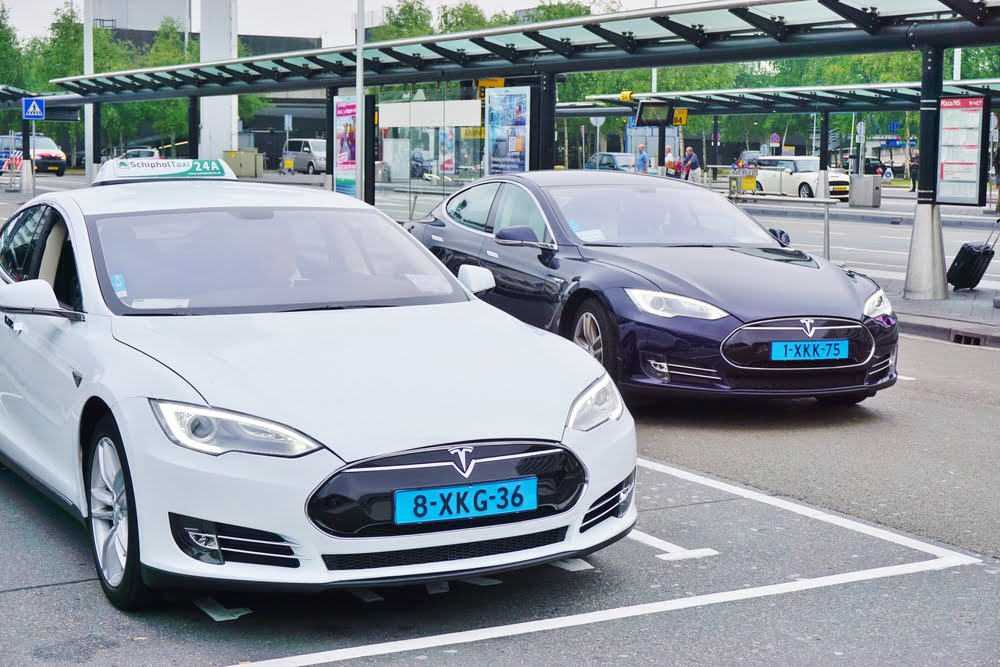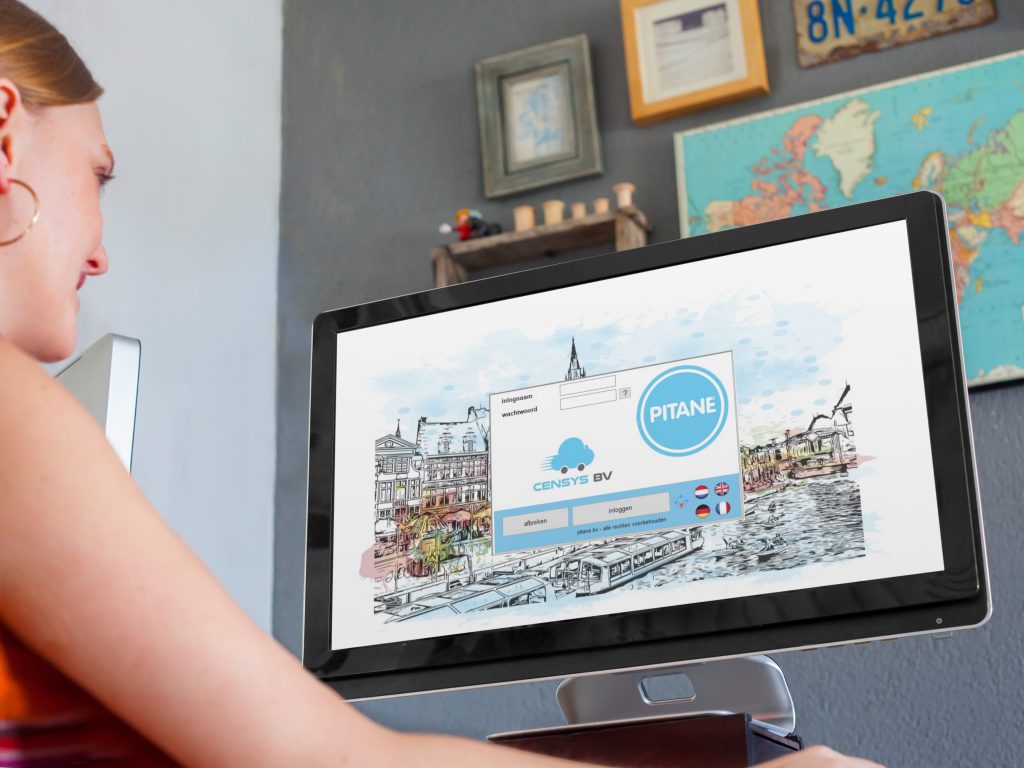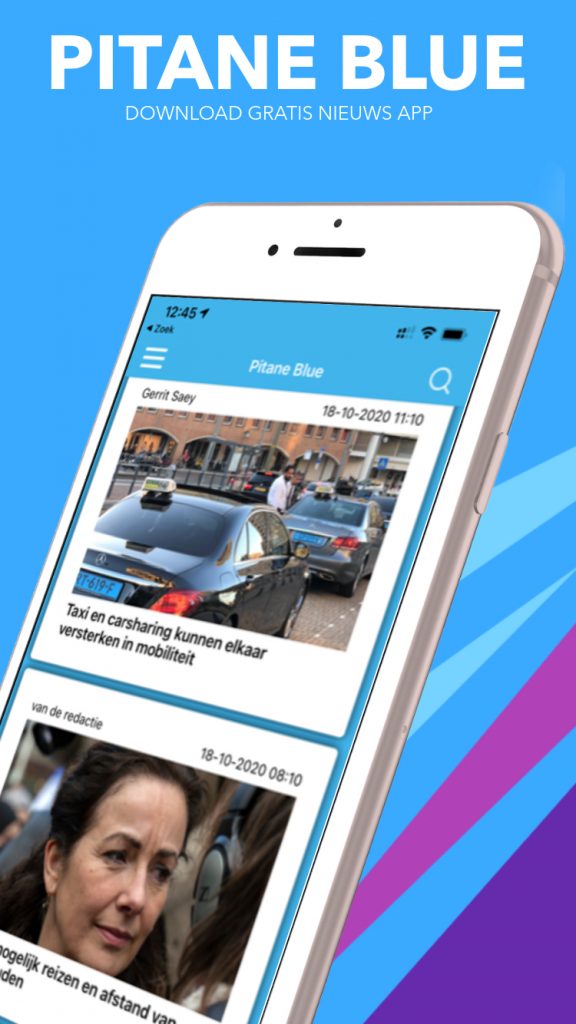Using a Tesla as a taxi should actually be a brilliant idea. Tesla is an electric car that should be perfect for these kinds of conditions. In 2014, BIOS group decided to make its taxi fleet fully electric. A few years ago it was a requirement from Schipholtaxi that a Tesla Model S was purchased. In retrospect, the quality of the cars turns out to be abysmal and the reliability leaves much to be desired.
Branch manager Tofik Ohoudi who has a long career as a fleet manager, has never seen as many problems as he did at Tesla. His employer Bios Groep, which uses about 70 Teslas as taxis at Schiphol, is going to court and demanding compensation. That leaves it FD know what also indicates that one of the largest Dutch customers of Tesla is no longer willing. Schiphol requires that taxis with a full battery must be able to travel at least 400 km.
“Tesla promised that that would not be a problem at all,” Van der Veer explains to the FD. "But our taxis never made it." Tesla defends itself by arguing that the taxi company uses the cars too intensively. Nonsense, says Van der Veer. “We had emphasized in the negotiations that this was a crucial point for us as a taxi company, where we travel a lot.”
According to Bios, Tesla does not honor the agreements from 2014. Bios bought 72 Model S cars for an amount of € 5,7 million. Of this, € 720.000 was subsidized by RVO and the municipality of Amsterdam to boost electric driving. An important part of the deal is the range. Schiphol requires that taxis with a full battery must be able to travel at least 400 km.
Financial Daily
The Schipholtaxi contract was based on electric taxis. In 2014 you could only choose Tesla in the Netherlands to meet this requirement. Tesla is not taking complete liberty here. They should have known that taxis are used intensively. By delivering the cars you stand behind your product. Then you also have to give at home in case of complaints and solve them properly. According to many customers, Tesla's service in the Netherlands is poor and difficult to reach.
responsible
It is also sometimes heard that Schiphol is the cause of the problems as a client and not Tesla. Schiphol has never prescribed Tesla. They prioritized electric cars in the queue. Yet research shows that the Tesla batch from 2014, from which the gross of the first batch of Tesla taxis originated, was put together very poorly. Ultimately, the first generation Model S turned out not to be reliable for intensive use.
Also read: Tesla Claim Foundation announces class action lawsuit




